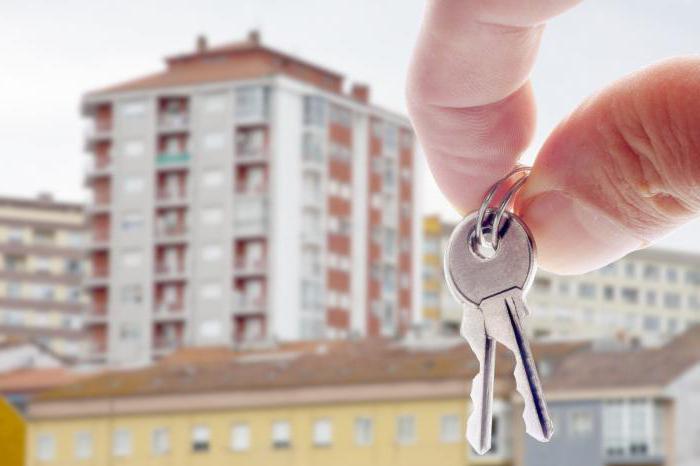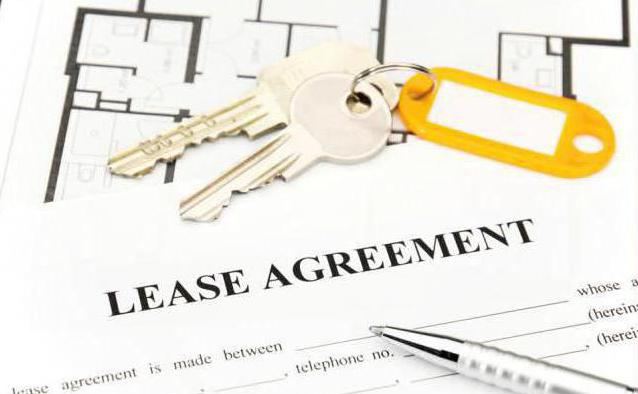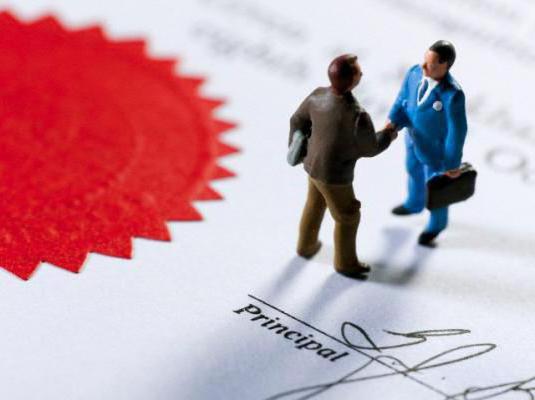When the owner of the premises does not have the right to independently dispose of his property - this means that the apartment is encumbered. It can be superimposed from a number of different reasons. Due to this restriction, the owner of the apartment cannot conclude transactions, he is forbidden to sign contracts and conclude any contracts regarding the premises.
Burden on the apartment. What is it?
An encumbrance is a special form of arrest that is imposed on property or real estate. In fact, a limit is imposed on certain actions that are in any way connected with the room. These restrictions on property may appear in different situations: of their own free will, regardless of the wishes of the owner. In the first case, it can be a guarantee of a dwelling, when a person independently decides and imposes an encumbrance. In the second case, it may be a bank arrest for non-payment of a loan.
Forms of encumbrance
Not every real estate transaction goes smoothly and without problems. In accordance with Federal Law No. 122, encumbrances are expressed in the following forms:
- mortgage;
- rent;
- seizure;
- trust management;
- easement (in most cases used for land).
It should be noted separately that encumbrance is not always an obstacle to the sale of an apartment. The Federal Law No. 122 states that property rights are registered in the prescribed manner, the same applies to encumbrances on the premises. It is worth noting that the information on the encumbrance is in the public domain, so each buyer should familiarize themselves with the restrictions that apply to a particular property.
All these complications in the design of a living room positively affect the buyer who wants to save. The fact that the apartment is encumbered already forces the seller to significantly reduce the cost. If the owner wants to urgently sell the premises, then in this case there is the opportunity to purchase it at a discount, up to 40% of the market value.
A very nice bonus, however, is to be especially careful, in recent years, unscrupulous sellers have appeared more and more who are trying to deceive the buyer and collect his funds. Before drawing up the contract, the buyer must make sure that the burden can be removed.
Mortgage
When a person purchases housing under a mortgage agreement, he does not have the right to sell the premises. In this case, the acquired property is considered collateral. However, if there is a buyer for housing, then he can purchase it, but for this it is necessary to remove the burden from the apartment. There are two ways to do this:
- The buyer reissues the bank agreement on himself and is solely responsible for all mortgage payments. Moreover, the buyer returns the funds that the seller contributed on the loan (the amount is negotiated separately between the parties to the transaction).
- The buyer transfers the funds to the seller to pay off the remaining debt. He gives the rest of the payments only when the encumbrance is removed from the apartment with the full repayment of the mortgage. This method is quite common, many people are simply not able to pay under the contract, and just in this way close the loan and receive additional funds.

Before contacting the Rosreestr, you need to prepare such documents to remove the burden from the apartment:
- a statement from the owner of the premises to remove the burden;
- certificate of ownership;
- civilian passports of homeowners;
- mortgage contract;
- contract of sale.
Rent
This case is more troublesome in terms of acquiring housing. The thing is that if the previous owner concluded a lease for a long period (from 1 year), then in this case, tenants have the right to live here even when changing the owner of the apartment. Alienation does not serve as a reason for breaking such a contract.
In this case, the new owner can live in this room only when the lease agreement ends. Therefore, the buyer should demand to terminate the lease agreement first, and only then proceed with the procedure for registering the new owner.
Or, the sale of an apartment with an encumbrance can be carried out, but you need to understand that it will be possible to move in only after the contract is over.
Rent
Often an agreement of this kind is drawn up by older people who need help. A person helps those in need (buys food, medicine, etc.), and after their death they pay with their own real estate. According to the law, after the death of the owner of the apartment, all powers under her order are transferred to the person who concluded this annuity contract.

However, there are cases that the current owner no longer needs help and wants to remove the burden from the apartment, then in this case you will have to return all the money that was spent on medicines, essentials, etc.
Many do not know how to remove the burden from the apartment after paying off debt to the owner of the premises who has passed away. The annuity contract clearly states that after the death of the owner, the owner becomes the person who took on the role of guardian. That is, the removal of the burden occurs automatically.
Arrest
Most people do not know how to remove the burden from the apartment, which is under arrest. This is quite logical, because this case is considered one of the most difficult. The arrest of the premises is imposed not only on the impossibility of disposing of property, in some cases the owner is forbidden to even use it. The following structures may impose such prohibitions on an apartment:
- court;
- police;
- bailiffs.

An arrest can be imposed as a pledge, which will guarantee that a person will fulfill his specific obligations (because of which he was seized). If the owner of the premises refuses to pay the debt, or the deadline that was set aside for solving this problem simply expires, then the property is sold at auction or through tenders.
From all this it follows that the burden can be removed only when all the problems with the law with the owner of the premises are resolved. There are no other ways out of the situation.
Trust management
This type of encumbrance of real estate occurs if its owner has entered into an agreement with another person who, over the life of the document, can look after someone else's property. In practice, such contracts are extremely rare, mainly when the owner must leave the country.
An authorized person can use the apartment, pay bills and more. However, his powers cannot go beyond those specified in the contract. To remove this burden, you can terminate the contract before the deadline only with the consent of the trustee and the owner, or after the death of the contractor.
Maternal capital
If the purchase of housing was made with the involvement of maternal capital, then in this case also there are restrictions. It turns out that one of the owners will definitely be a child. Selling a dwelling is not possible without obtaining special permission from the guardianship authorities if the child is not yet 18 years old.
A minor child is registered
When a person is registered in a dwelling, this is already an encumbrance.However, it is not difficult for an adult to write out, which can not be said in the case of a child. For discharge of a minor, the consent of both parents and guardianship authorities is required. Plus, discharge of a child is not possible without instant registration in another residential building. The new apartment should not be inferior in characteristics of the past. This case is not very complicated, however, you will have to take care of a new place of registration. Otherwise, it is not possible to sell a dwelling.
Permission from the second spouse
If the spouses purchased an apartment during their life together, then this is considered to be jointly acquired property, therefore, the sale of an apartment without written permission (certified by a notary) from the second spouse is impossible.
It is also worth considering the factor that if one person received the premises as a gift, accepted the inheritance or acquired before marriage, then in this case the housing is not considered to be acquired together. Such an apartment is not encumbered and, according to the law, its rightful owner can carry out any operations with it.
How to check
There are several ways to check whether an apartment is encumbered or not. It is highly advisable to find out this information before buying, so that at the last moment there are no certain problems, because not all sellers are honest, and may try to hide the fact of encumbrance. So, the methods for determining:
- Home Book. Thanks to this document, a potential buyer of a dwelling can find out the whole history of the apartment, starting from the first settlement of people. You need to be extremely careful if other people are registered at the time of the purchase / sale transaction in the housing, especially minor children. Before buying, you need to ask the owner to write out all the other people.
- Realtor services. These companies provide paid services and independently seek all information about the legal situation. Moreover, the real estate office, after collecting data, advises the client on further steps to purchase housing.
- Appeal to the department of architecture. In this structure, a person can find out that this building is an emergency. In this case, the owner of the premises is prohibited from making transactions regarding this premises.
- The easiest way to determine the encumbrance of an apartment is through the Rosreestr website. A potential buyer should go to the official website and make a request for a specific property. It is worth paying attention that this service is paid.
Conclusion
An apartment with a burden in some cases is not a big problem. Therefore, you need to determine the reason for the ban on sales, and only then deal with the removal of this kind of restriction.